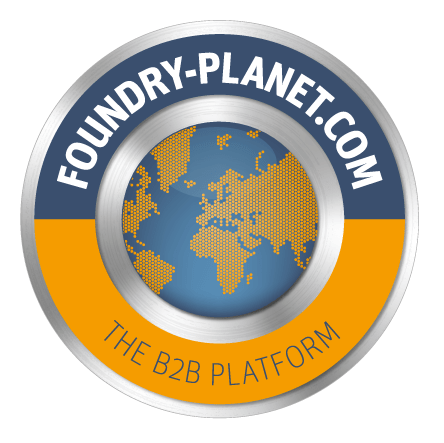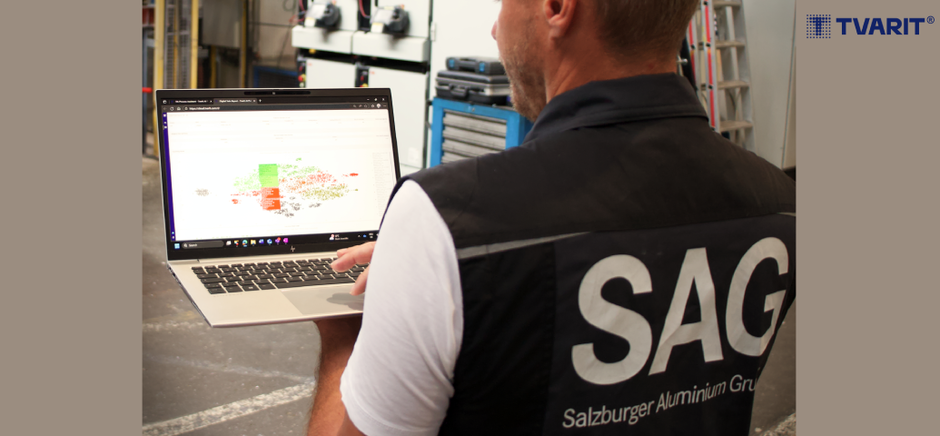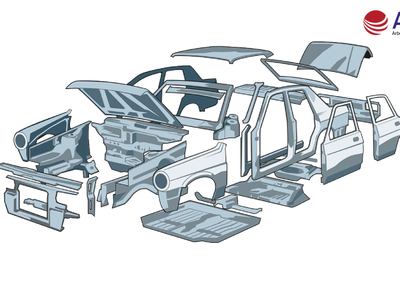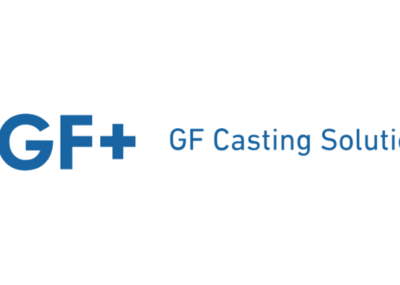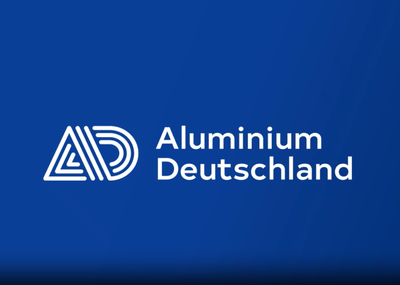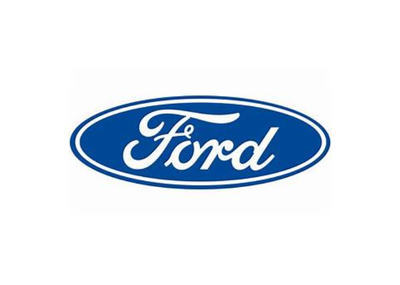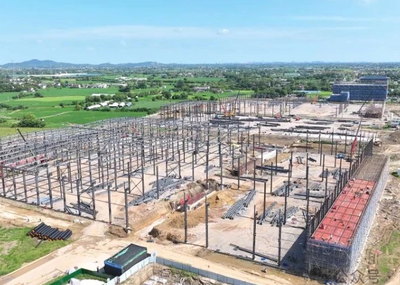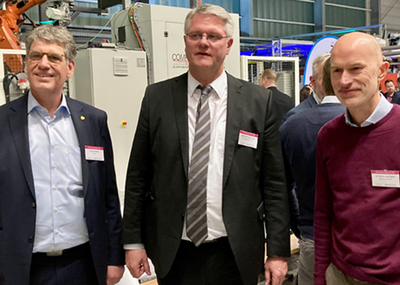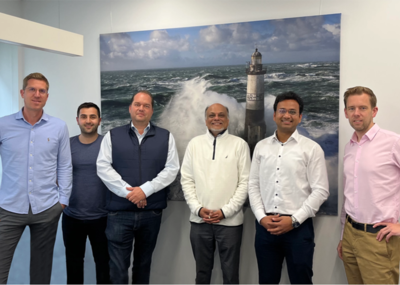Rheocasting is a pioneering process for light metal foundries. It involves processing aluminium in a semi-solid rather than liquid form. This approach improves mechanical properties and reduces porosity compared to conventional HPDC (High Pressure Die Casting). Nevertheless, process instabilities can still lead to scrap.
AI as the key to process stability
Artificial intelligence offers a decisive lever here: it lowers scrap rates, reduces emissions and increases yield – thereby strengthening sustainability throughout the entire business model.
The Salzburg Aluminium Group (SAG), a global leader in rheocasting, was faced with the task of reliably stabilising this highly complex process. Due to the large number of parameters, a purely intuitive approach was not sufficient.
TVARIT's hybrid software as a solution
To optimise the processes, SAG implemented TVARIT's hybrid software. Its focus is on reducing scrap rates through higher first-pass yield and avoiding costly remelting.
To this end, data from rheocasting and HPDC PLC systems was linked to quality databases. This provided new insights that brought together process and quality aspects in an overall perspective.
Hidden correlations made visible
Using historical data, the system uncovered previously unknown interactions between parameters and quality problems. The result: a deeper understanding of processes at SAG and the identification of the actual causes of scrap.
The AI model defined optimal process windows and ensured that these were kept within stable limits through continuous monitoring.
Measurable success
The results speak for themselves: less waste, higher efficiency and long-term process stability. This not only led to significant cost savings, but also gave SAG a clear competitive advantage.
"At SAG, we don't just invent – we implement ideas in industry. To do this, we draw on a deep understanding of the process and use AI to gain insights that enable transformation," commented Fabian Hofstätter, head of the rheocasting research and development team at SAG.
AI opens up new opportunities for more efficient foundries: better decision-making, faster root cause analysis and a significant reduction in emissions.
Further information:
